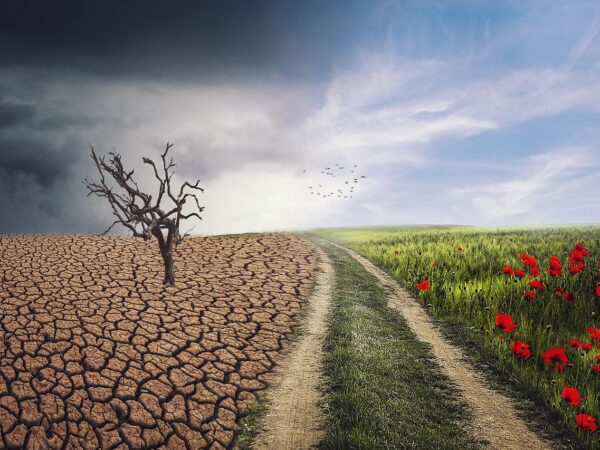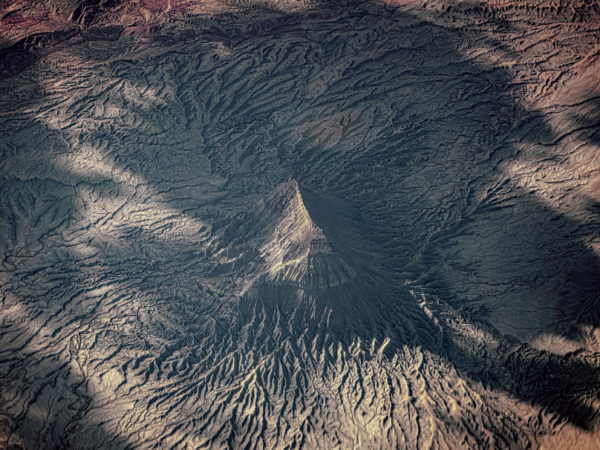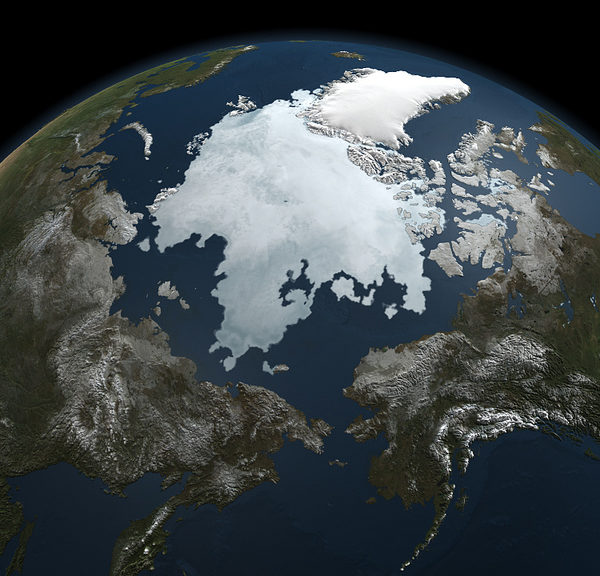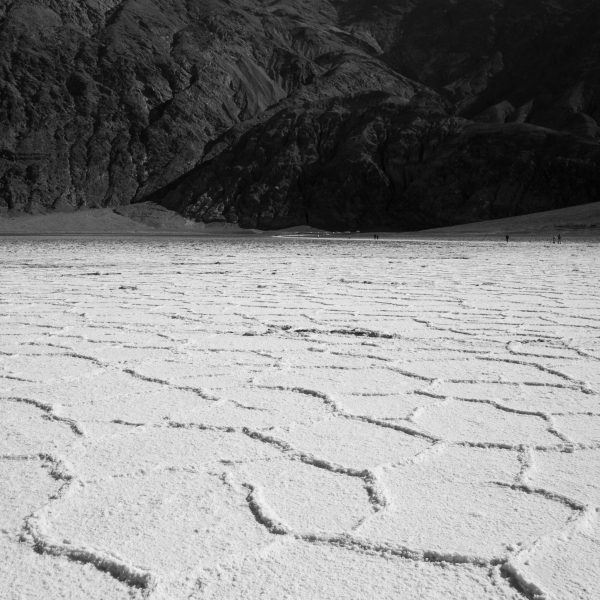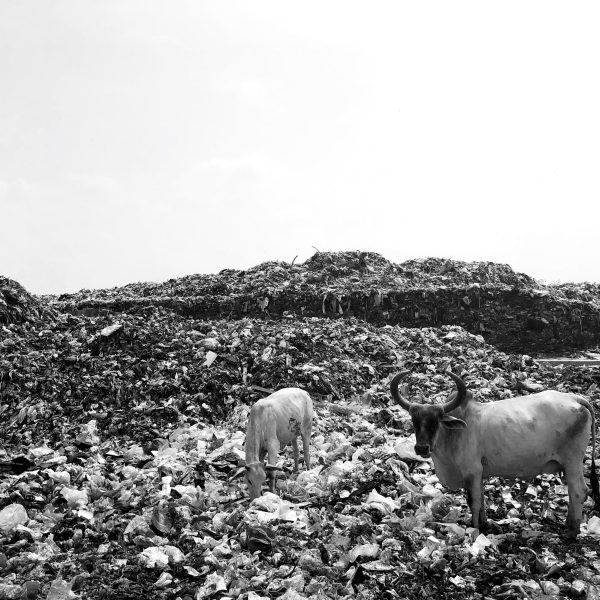
There’s an understandable temptation to think that climate disaster is nature’s way of rebelling against the Anthropocene. But this is a dangerous way of thinking we should ward against.

Amidst climate catastrophe and accompanying disasters, references to “apocalypse” on the right and the left won’t desist. So its ancient meaning– not “the end of the world” but “unveiling” — can help resist the denialisms and the nihilisms that close, rather than disclose, possibilities of world transformation.

In displaying its cosmic vision, Psalm 8 invites its readers to participate, in some limited way, in the divine perspective that exceeds our own, in which anthropocentric fantasies are judged and redefined.

How does one turn away from a Lenten desert, so profoundly illustrated in the wastelands of plastic filled beaches, and walk towards the resurrection hope of Easter? Perhaps by remembering that Easter is coming, but its only the middle of the story.
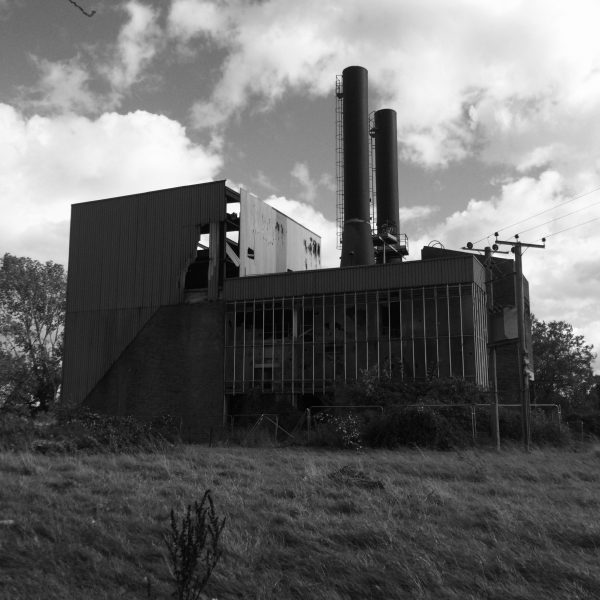
This biblical text—the “trial” and execution of Jesus—is a text that we who are Christians know so well we may be tempted to skim it. In the same way, we think we know and understand climate change—enough that we can skim the science.

